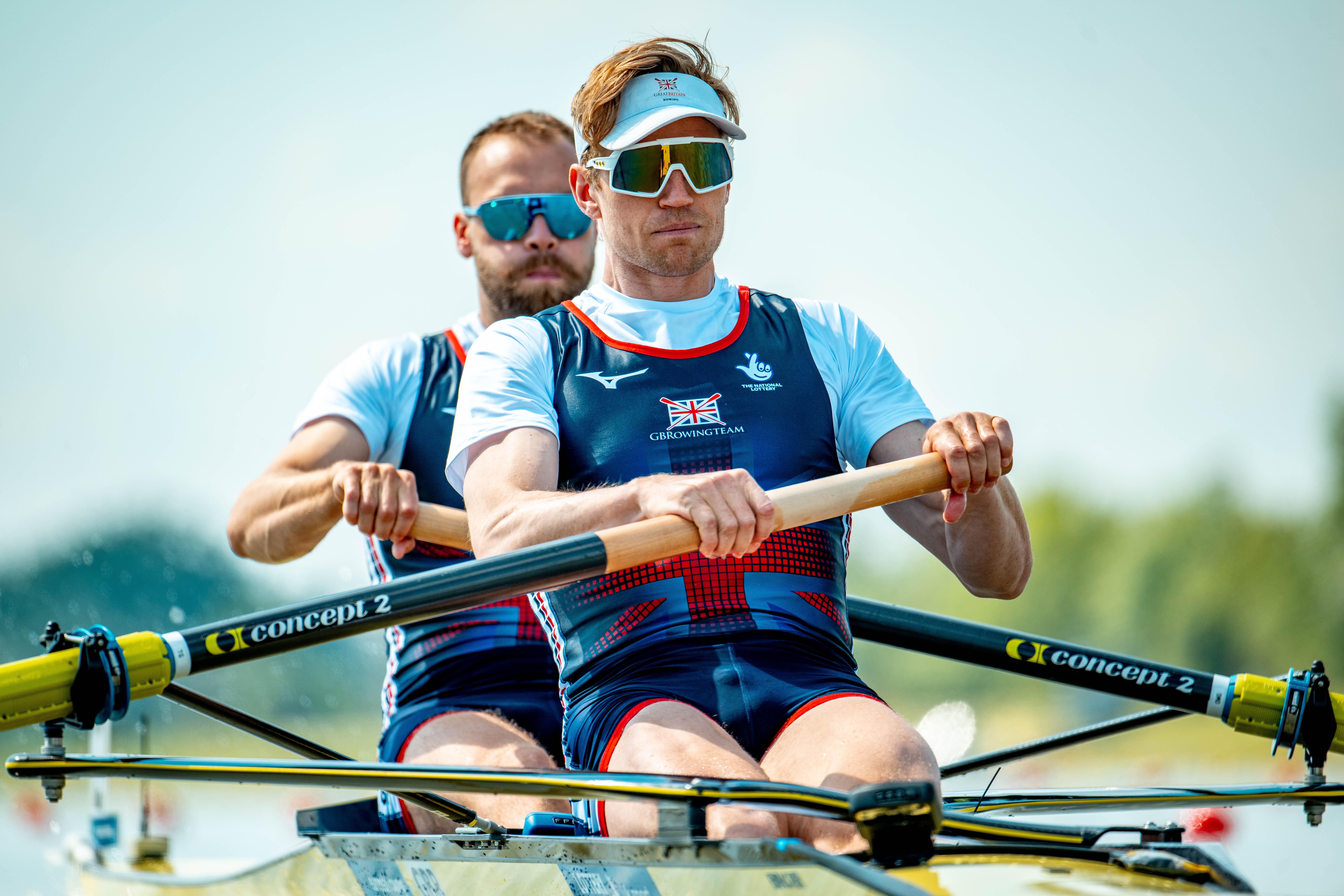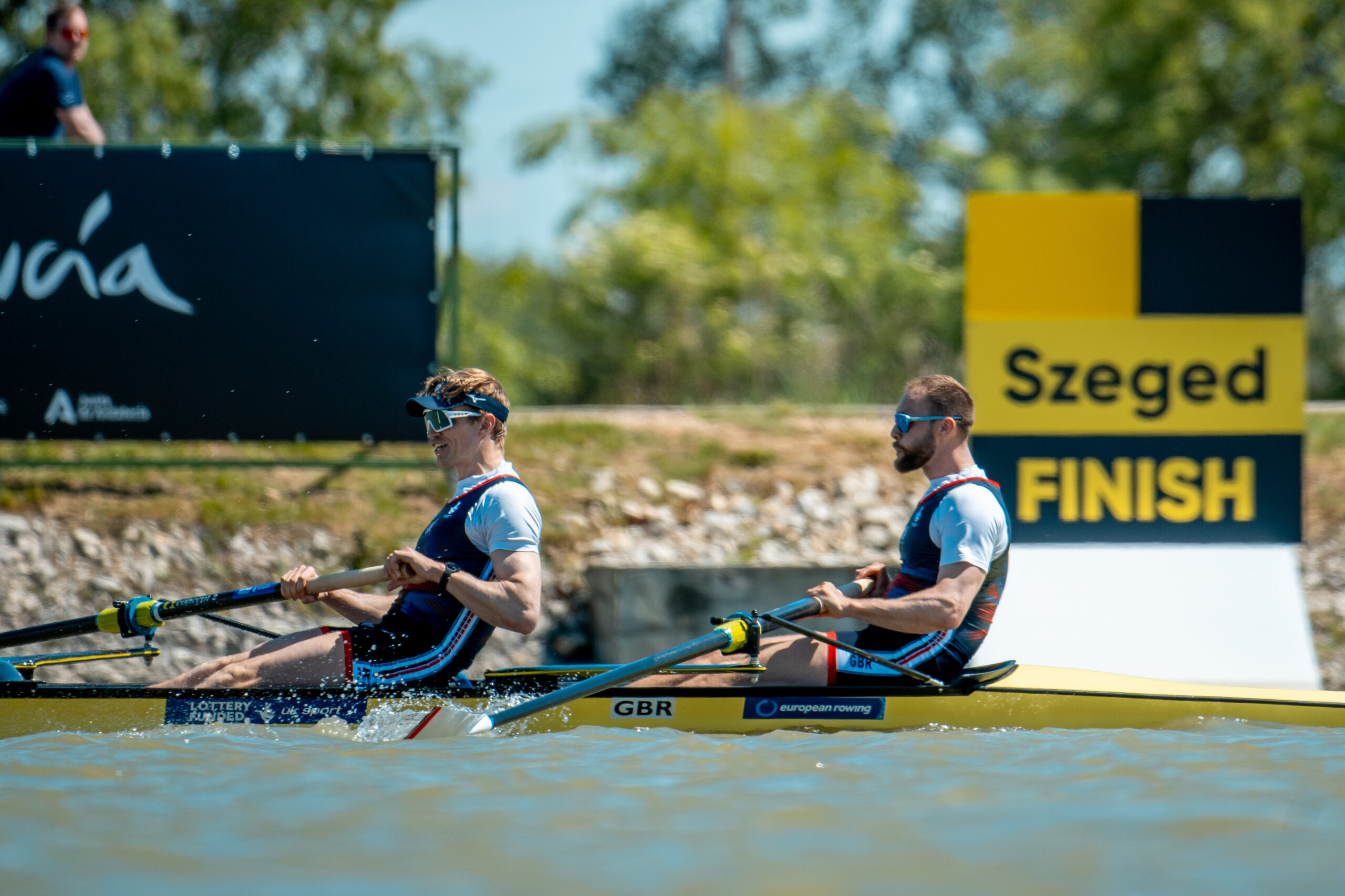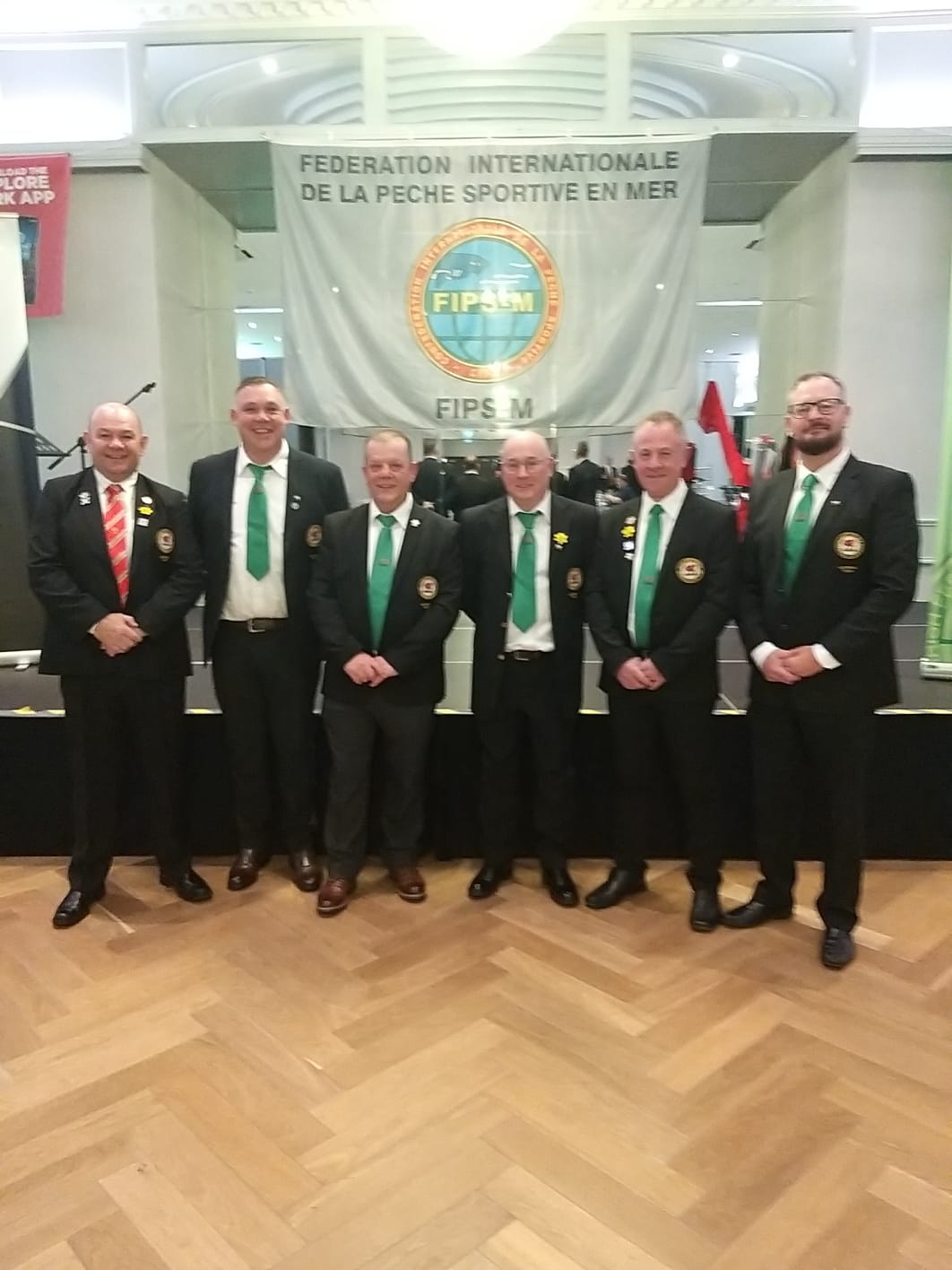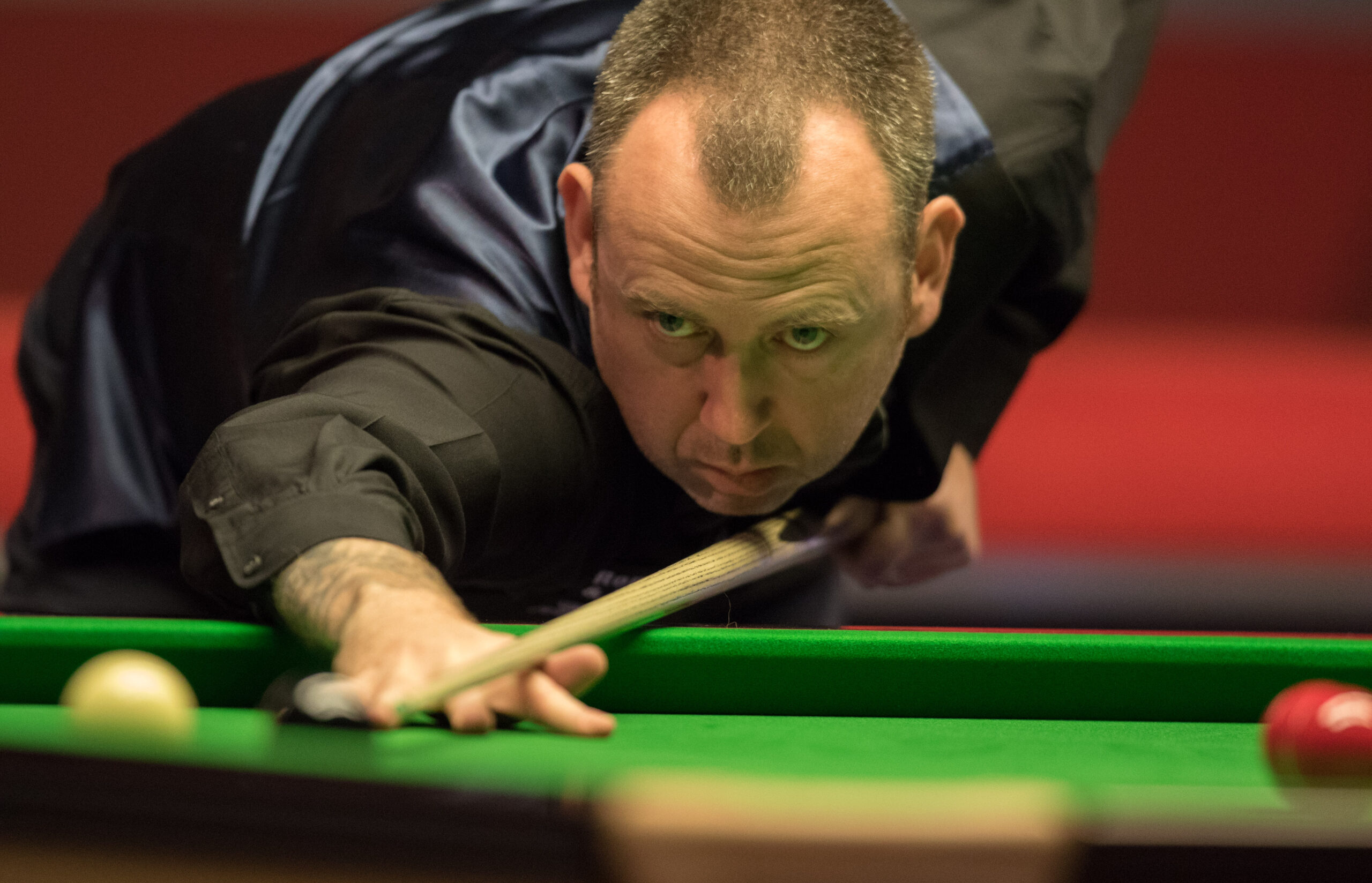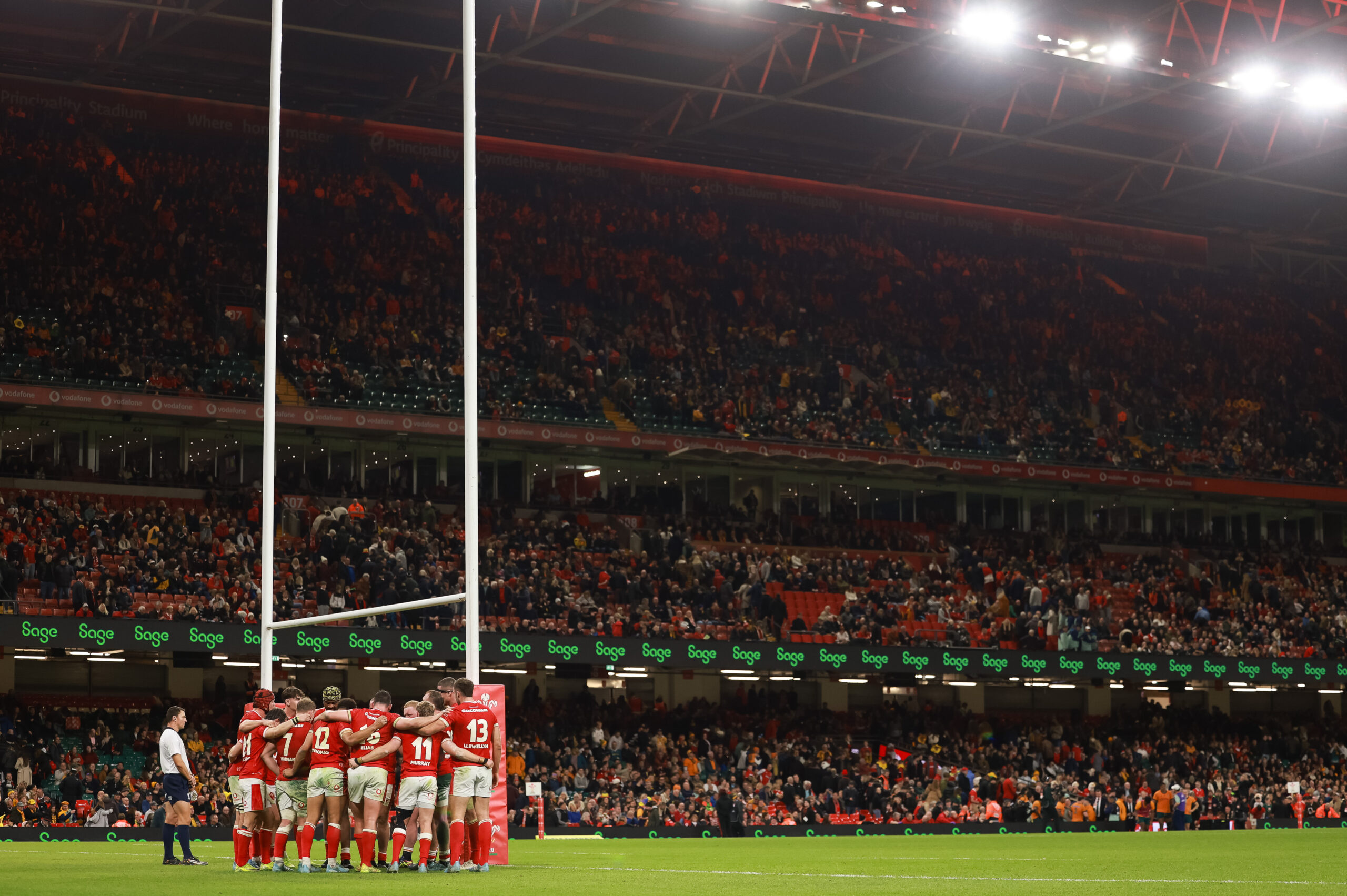Ollie Wynne-Griffith: Back For More

Carwyn Harris
Oliver Wynne-Griffith is a rare thing in this month’s magazine.
An Olympian who is not making their debut at this month’s Games.
Three years ago, at Tokyo 2020, Wynne-Griffith won bronze as part of the men’s eight.
However, these Games have a different feel about them to those of three years ago.
“In Tokyo we didn’t have any of this,” says Wynne-Griffith.
“No kitting out, no friends, no family, it was quite a surgical and clinical games. This time I want to relax and enjoy the process.
“Last time I remember thinking about how I never thought I’d become an Olympian. This time, I know the job’s not done.”
Blood Is Thicker Than Water
When Wynne-Griffith won bronze, he ended an 89-year wait for his family after his great-grandfather Harold Rickett finished just fourth at the 1932 Olympics.
“It was a special moment at the start line,” says Wynne-Griffith.
“It’s special going to the Olympics on your own with the rings and the lion on your chest, to know that someone 89-years ago in my family had been there in the same boat and same seat in the eight was really cool.
“To go one result better and get a bronze medal was nice as well!”
Wynne-Griffith first started rowing as a “lanky 13-year-old” and admits initially rowing was a way to keep fit during the summer, as he dreamed of becoming an international second row.
However, rowing soon took “the front seat”, offering with it a range of opportunities.
“With rowing, the US universities are really strong,” says Wynne-Griffith.
“When you have some of the top universities in the world offering you scholarships and places to study there it’s amazing.
“I felt I’d won the lottery as a kid, simply through enjoying my sport I had all these opportunities, and it’s been a stepping stone from there to here.”
Conquer or be Conquered
A few years later and Wynne-Grifith was winning his bronze at Tokyo.
The following year, he and GB teammate Tom George decided to head to Cambridge University, taking a year out to study and compete at the illustrious boat race.
“Tom and I rowed on the same side of the boat together in the eight,” says Wynne-Griffith.
“That year, the boat was stroke side heavy at Cambridge and our coach sat Tom and I down and asked for one of us to switch sides.
“Quite quickly all the guns were pointed at me! I’m not sure if there was a meeting before the meeting where that was decided but I remember being quite excited by the challenge.”
Moving from stroke to bow in layman’s terms mean putting the oar into the water on your left side instead of your right as you row.
Whilst this could have been a complicated change, Wynne-Griffith could call upon an Olympic great for advice.
“We had James Cracknell there as a consultant and he’d switched sides between Sydney and Athens,” recalls Wynne-Griffith.
“He told me I’d be fine and that soon I’d be brushing my teeth with my other hand, writing with my other hand, shaving with the other hand, anything you can think of!
“Cracknell was epic because he mapped out the pathway and was really good at mentoring me. He reassured me that I wouldn’t feel strong on that side for a few months, and it would feel unnatural, but that I’d be better at it than I thought I was.”
While the Olympics is the pinnacle for most sports, rowing has its own unique highlight on the calendar in the shape of the boat race. Even for an experienced competitor and Olympian like Wynne-Griffith, the boat race could get the nerves jangling.
“The boat race is mental,” says Wynne-Griffith.
“Rowing doesn’t have a massive following, you don’t pack out stadiums every week, but that’s one when you know there’s millions of eyeballs on you and probably 250,000 people scattered across the bank yelling either dark blue or light blue.
“I remember waiting in the boat bay to put the boat on the water and when the shutters came up, I remember thinking ‘Wow!’ I’d been at the Olympics only 12 months previously, but I can’t remember having such a spine-tingling moment as that.
“It’s such a binary race, you either conquer or be conquered there’s no silver medal, although I do like to say I’m a boat race silver medallist!”
From Newbies to Record Breakers
After the boat race, Wynne-Griffith and George returned to the GB programme and were placed in a boat together again, this time the pair.
“Cracknell reassured us that we were two of the strongest guys in the world and that there was no reason despite me switching sides that the pair couldn’t be world class,” Wynne-Griffith says.
“Initially we saw it as a vehicle to get back selected in the four or the eight, but Cracknell set the goalposts really high, aiming to win the worlds in our first year.
“We didn’t manage it in our first or second years, but James made sure we were going out there from day one to achieve something GB haven’t in a long time.
“From day one, the message was ‘We mean business here’ and it was great to have someone with his confidence in our corner.”
Despite there being some initial good signs during testing, no one knew for certain if the boat would be a success or not until they competed internationally.
“In that first regatta back in Belgrade in 2022, we put the boat on the water and had no idea if we’d be good, in terms of competing internationally,” says Wynne-Griffith.
“GB haven’t really had a competitive pair since 2015-16 and we haven’t had a gold medal in the event at the Worlds since Matthew Pinsent and Steve Redgrave in 2002, who also won our last Olympic gold in 1996.
“We were very much in the dark and it was terrifying but that fear really excited you.
“That first regatta went well, we won quite convincingly, and it has invigorated me for the last two years.”
The pair won bronze at the worlds in 2022 and silver in 2023, a year where they also became the second fastest boat in history, beating the British record.
“There was really good natural speed, but I wouldn’t say it was plain sailing,” says Wynne-Griffith.
“We’ve definitely struggled for consistency through the last couple of years, but it feels like we’ve ironed that out and we’re getting to the boil at the right time.
“This year we’re still unbeaten. Last year when we broke the British record, the reaction from us was that it was lightning fast, but we weren’t sure how we were doing it. It was quite mercurial, and we couldn’t work out how to make it repeatable.
“I really hope and believe the work we’re doing can produce when it matters most and so far, we’ve shown that this year.”
Golden Goal
Having won two World Rowing cups this season alongside a European title, the pair will be one of the favourites for Olympic gold.
“Winning an Olympic gold medal is something I’ve dreamed of since I was a kid and if we can do that in a few weeks’ time, there won’t be a happier man on earth,” says Wynne-Griffith.
“For us it’s producing our best when it matters. If we can do that in the final and we don’t win, then there’s no regrets.
“There’s a belief inside me that if we produce our best then the result will take care of itself.”
Wynne-Griffith could be one half of a golden couple for Britain at the games with his partner Hannah Scott competing in the women’s quadruple sculls, a boat which are reigning world and European champions.
“We’ve been in the team since 2021 together and it’s nice to have the person you’re closest to be going through the exact same thing as you,” says Wynne-Griffith.
“Fingers crossed for two gold medals.”
📷 – Benedict Tufnell for British Rowing
If you want to read more pieces from Sportin Wales, why not read to our monthly magazine here or subscribe to the magazine and newsletter at https://sportin.wales/subscribe/.
You can also keep track of our pieces on our socials at @Sportin_Wales on X, Sportin Wales on Instagram and Facebook.







